Shortly after discharge from the hospital, patients are asked a series of questions about their experience. This is known as the Hospital Consumer Assessment of Healthcare Providers and Systems (HCAHPS) survey. Some 4,000 U.S. hospitals participate in the surveys each year, gathering about 3 million patient perspectives.
The data from the surveys is used to create objective hospital reviews on the consumer-focused Hospital Compare website. These HCAHPS survey questions are updated regularly to improve the quality and accuracy of the aggregated reviews.
How many HCAHPS survey questions are there, and what are they about?
Since HCAHPS was first introduced in 2006, the number of questions has fluctuated. In 2012 there were 27 questions; that grew to 32 in 2019. Three questions were removed for the 2022 survey, bringing the current total to 29.
Despite the changes over the years, the theme of the HCAHPS survey has remained similar. There are eight sections in the HCAHPS 2022 survey. Each section encompasses a different aspect of the patient’s experience with the hospital, with the exception of the final section, which asks the patient demographic questions for analytical purposes during the processing stage.
These questions are designed to help the Centers for Medicare and Medicaid Services (CMS) understand the patient experience in hospitals. By asking patients (as well as their families) questions about doctor and nurse communication and care, as well as how medication and aftercare instructions were provided, for example, CMS can do its best to improve healthcare standards both clinically and administratively across the country.
HCAHPS survey questions
Here are the eight sections patients see when filling out an HCAHPS survey, as well as some common questions:
- Your care from nurses
- “During this hospital stay, how often did nurses treat you with courtesy and respect?” (You can choose Never, Sometimes, Usually, or Always as your answer.)
- Your care from doctors
- “During this hospital stay, how often did doctors listen carefully to you?” (Never, Sometimes, Usually, Always)
- The hospital environment
- “During this hospital stay, how often were your room and bathroom kept clean?” (Never, Sometimes, Usually, Always)
- Your experiences in this hospital
- “How often did you get help in getting to the bathroom or in using a bedpan as soon as you wanted?” (Never, Sometimes, Usually, Always)
- When you left the hospital
- “During this hospital stay, did doctors, nurses, or other hospital staff talk with you about whether you would have the help you needed when you left the hospital?” (Yes or No)
- Overall rating of hospital
- “Would you recommend this hospital to your friends and family?” (Definitely no, Probably no, Probably yes, Definitely yes)
- Understanding your care when you left the hospital
- “When I left the hospital, I had a good understanding of the things I was responsible for in managing my health.” (Strongly disagree, Disagree, Agree, Strongly agree)
- About you
- “In general, how would you rate your overall health?” (Excellent, Very good, Good, Fair, Poor)
- “What is your race? Please choose one or more.” (White, Black or African American, Asian, Native Hawaiian or other Pacific Islander, American Indian or Alaska Native)
How are HCAHPS survey questions administered?
In 2018–2019 about 27 percent of outpatients responded to the HCAHPS survey, down from 33 percent in 2008. CMS has linked the decline in responses to continued reliance on snail mail and telephones to conduct the survey. Leveraging online surveys could offer providers more timely, actionable feedback.
In fact, in 2019, CMS recommended using electronic surveys to improve patient participation. Electronic HCAHPS surveys now complement the traditional phone, email, and mail methods with telephone follow-up, or interactive voice recognition, to gather data.
There are a few major benefits and considerations for hospitals thinking about deploying electronic CAHPS and HCAHPS surveys. Electronic HCAHPS surveys are faster at gathering data than mail and phone surveys and more likely to reach additional patients. Hospitals can contract with a CMS-approved vendor to conduct HCAHPS surveys or conduct the survey on their own — as long as they receive approval from CMS to do so.
Regulations for HCAHPS surveys require vendors and hospitals to use the most recent questions. They also need to enable the Health Insurance Portability and Accountability Act (HIPAA) Privacy Rule, which dictates how patient information must be protected.
Who can I give the HCAHPS survey to and when?
HCAHPS surveys are administered to a random sample of patients, but not all patients are eligible to participate in HCAHPS surveys. There are certain requirements and protocols about who can be given an HCAHPS survey and when.
Only patients who are admitted to the hospital for medical treatment are surveyed. Patients who are treated and released from the emergency room, patients who receive same-day surgery, and psychiatric patients aren’t surveyed. Although HCAHPS is organized by the CMS, participants don’t have to be Medicare patients.
There are a number of other protocols for administering HCAHPS surveys:
- Patients must be surveyed within six weeks after their discharge.
- HCAHPS surveys must be made available in English, Spanish, Chinese, Russian, Vietnamese, and Portuguese.
- Vendors or hospitals may make multiple attempts to contact patients for a response.
- Hospitals must collect surveys throughout the month.
- Hospitals must collect 300 surveys per year.
For more information regarding HCAHPS surveys’ sampling, data collection, and submission process, check out the HCAHPS website.
The HCAHPS ethos
While the questions have changed slightly over the years, the ethos and aim of the HCAHPS survey and Hospital Compare website remain the same. The goal is to give patients more control by creating a transparent process that allows them to compare reviews of hospitals, then make an informed choice as a consumer. This system challenges hospitals to raise their standards of care to world-class levels and always include the patient’s perspective.







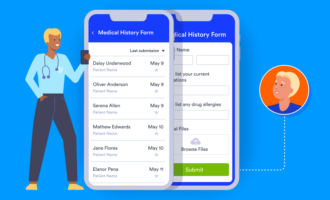



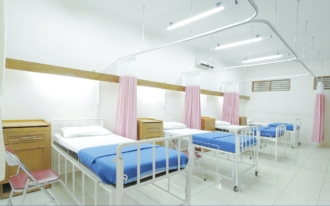






















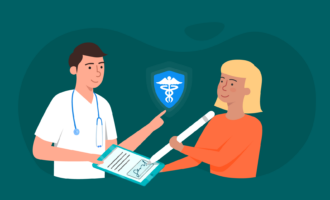



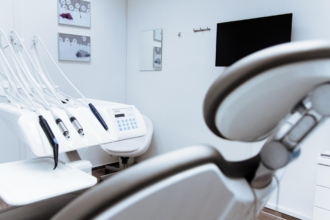

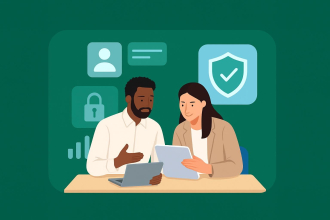













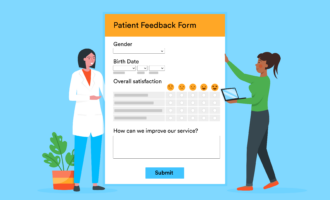












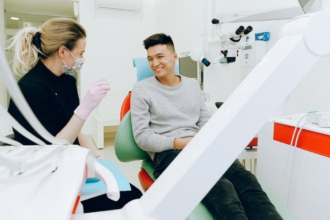
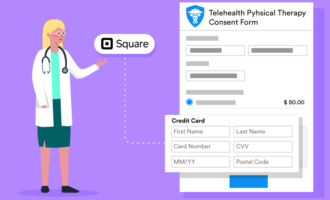
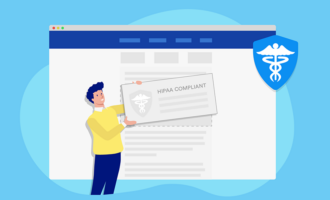








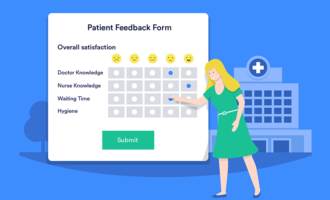












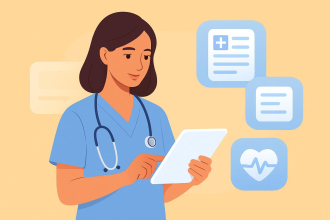



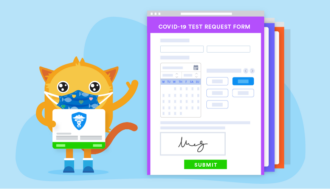




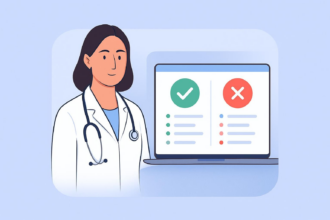
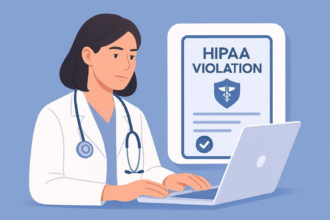
Send Comment: